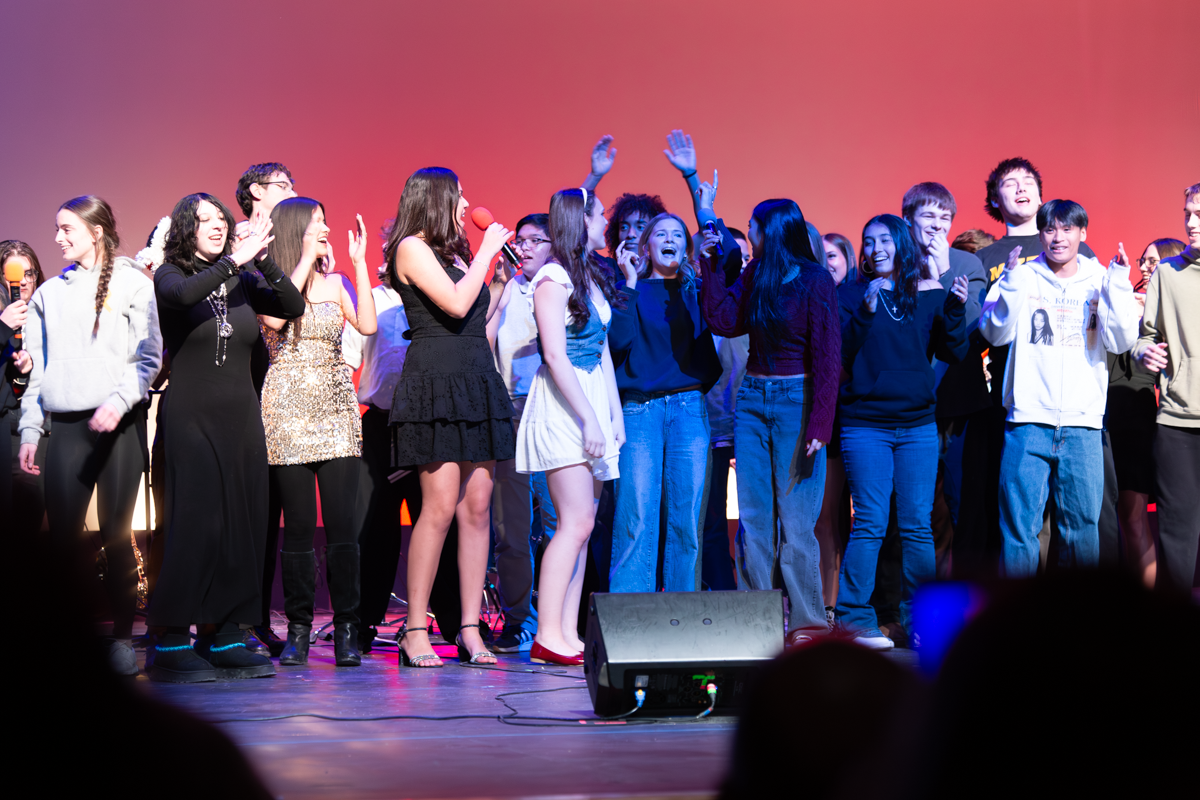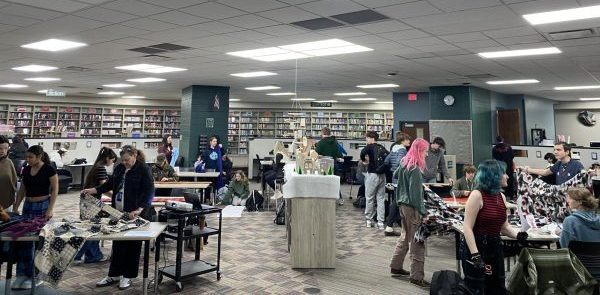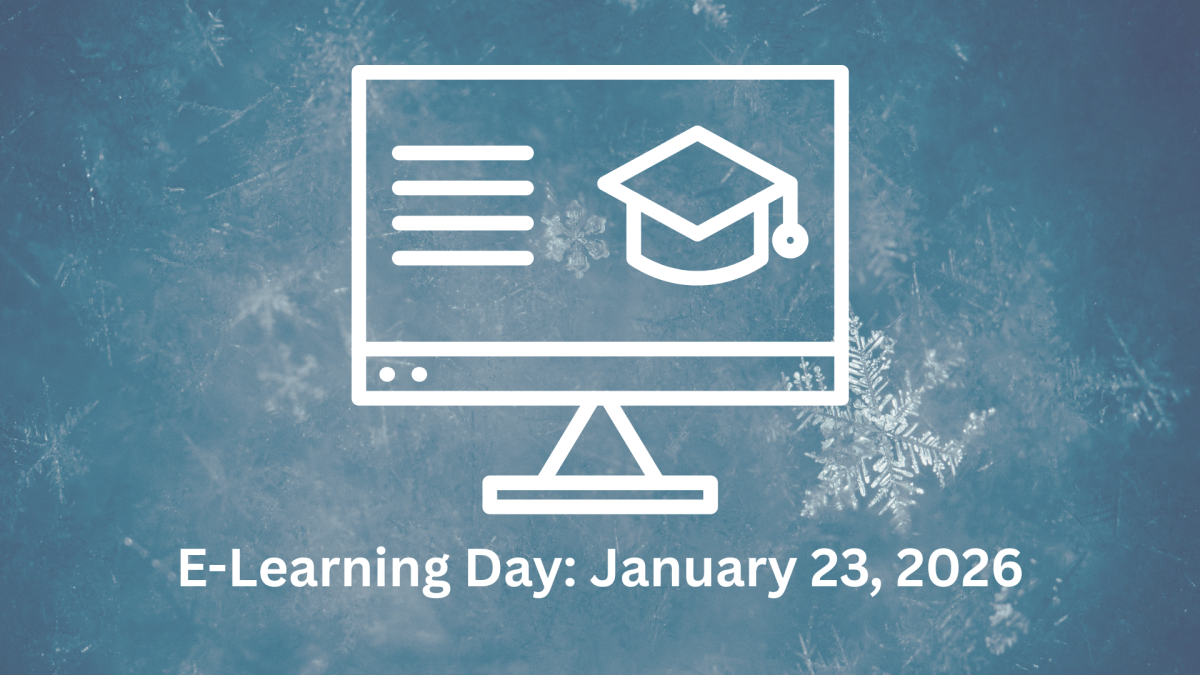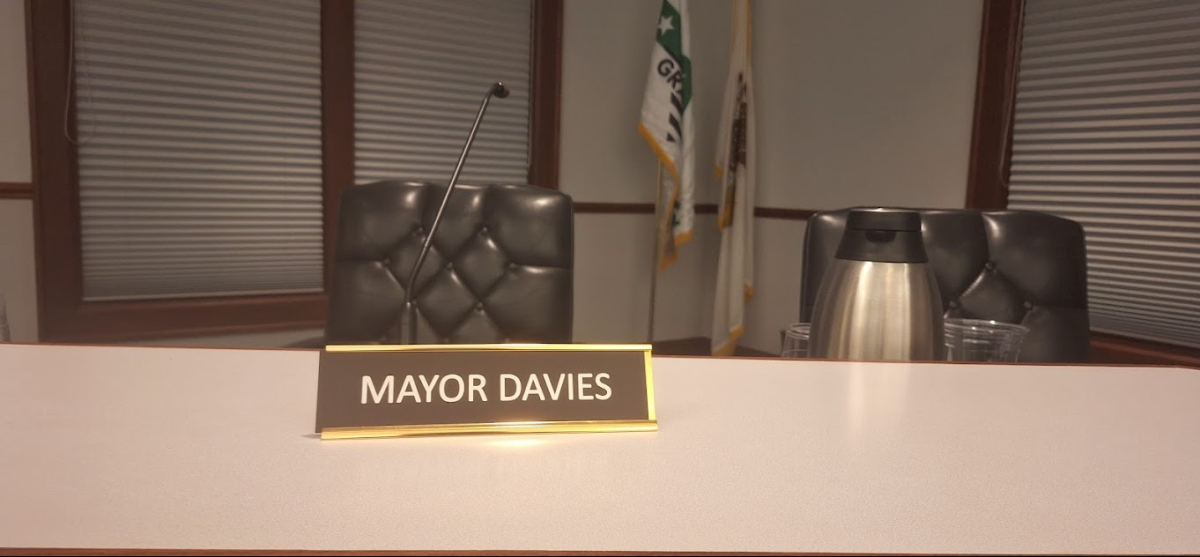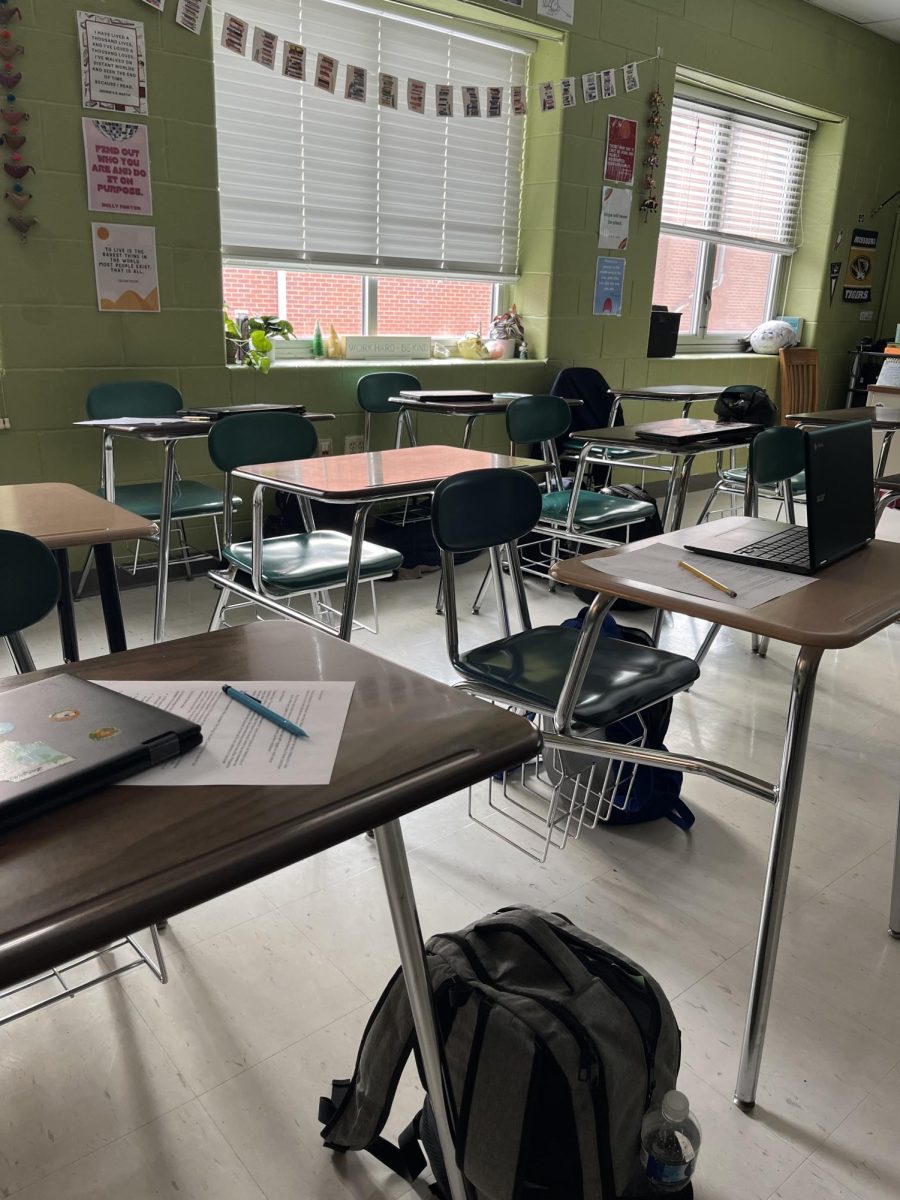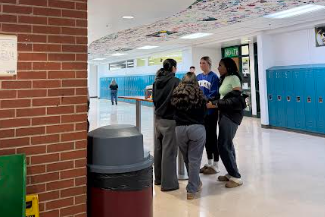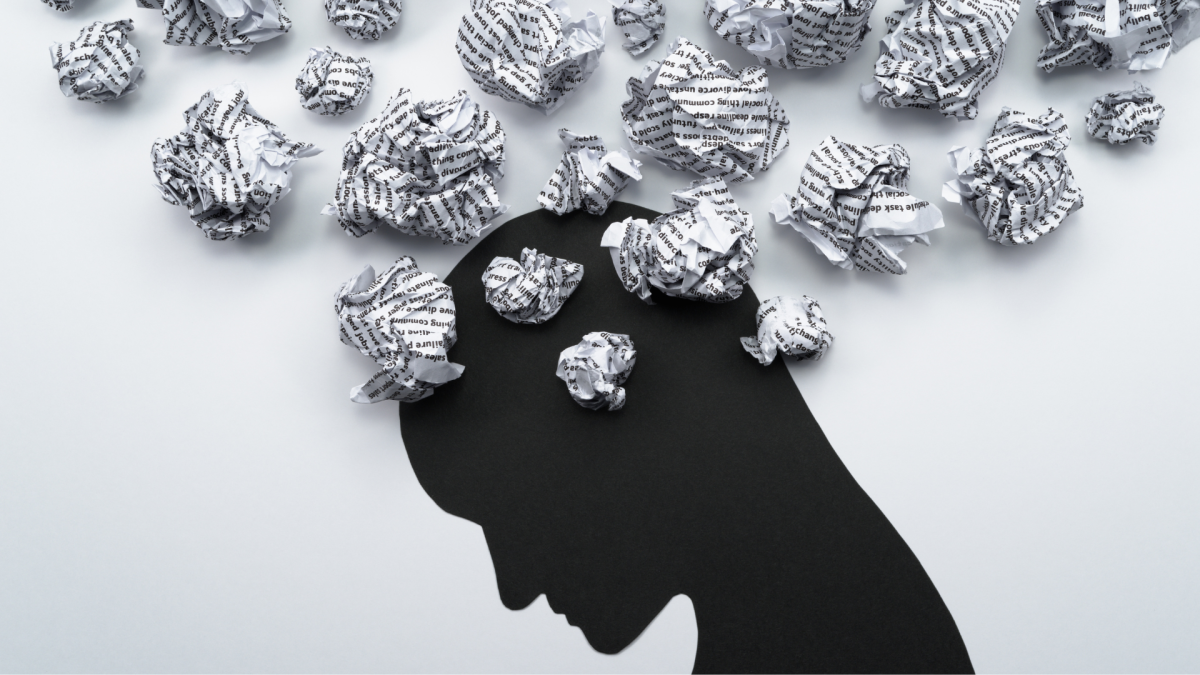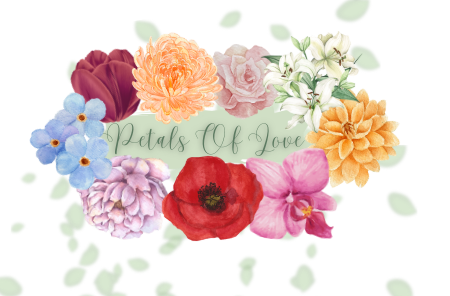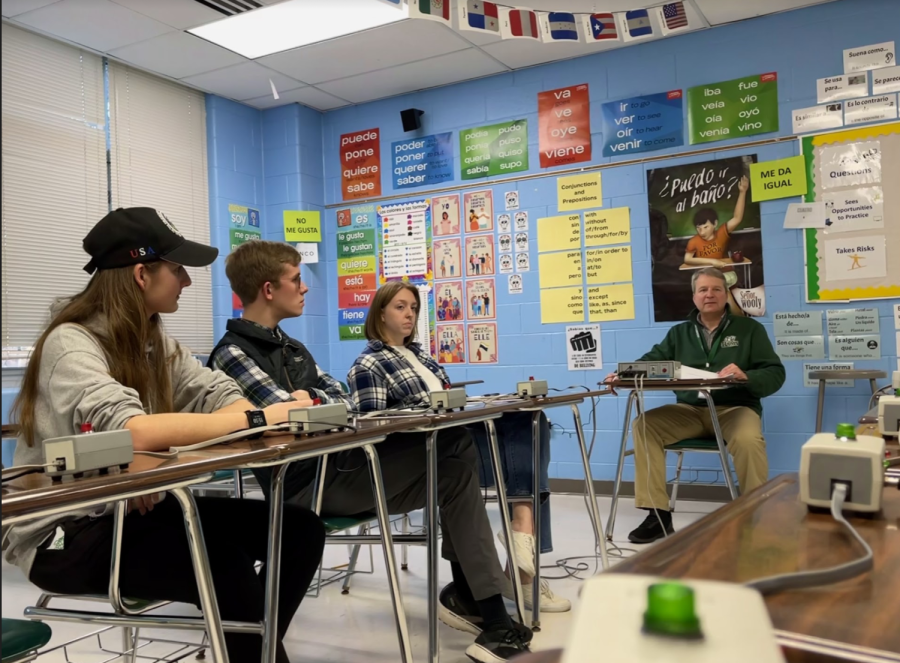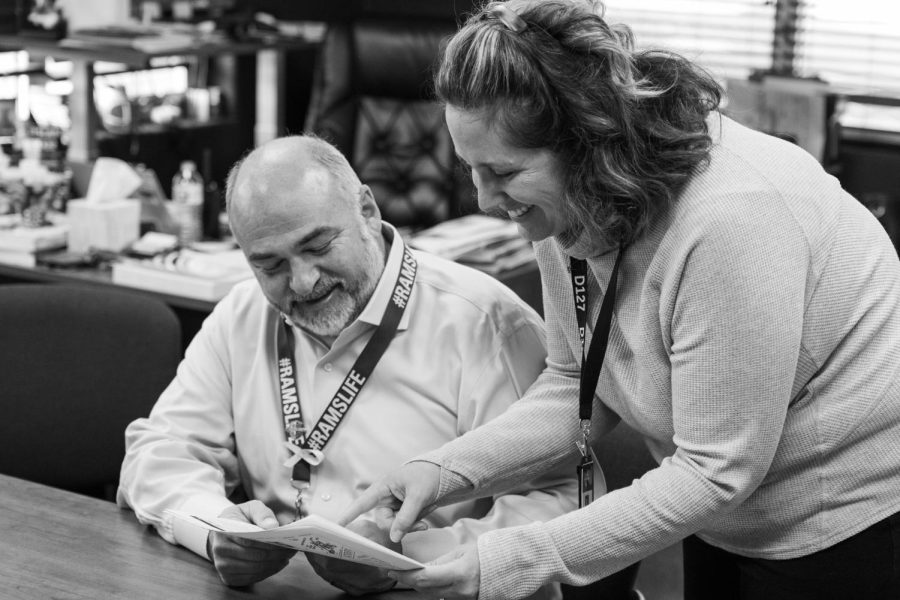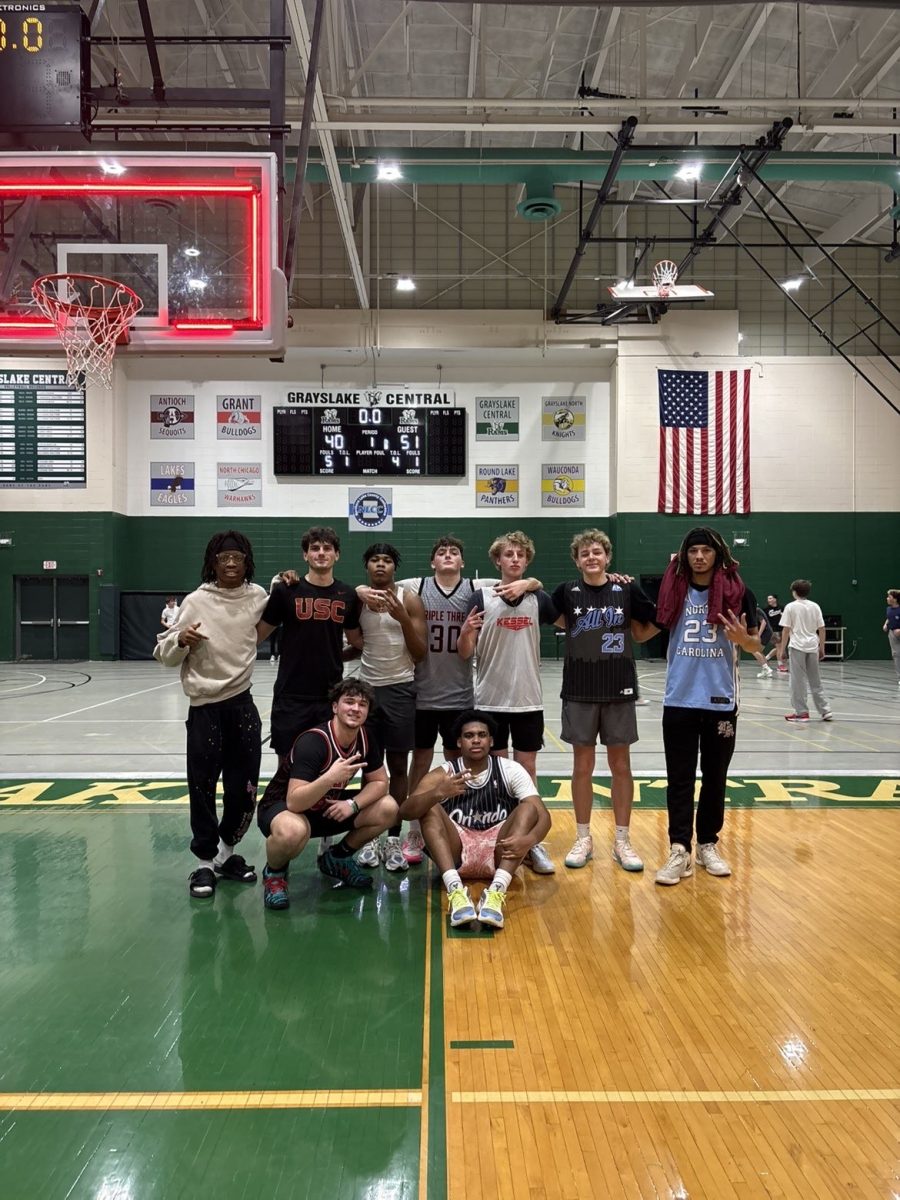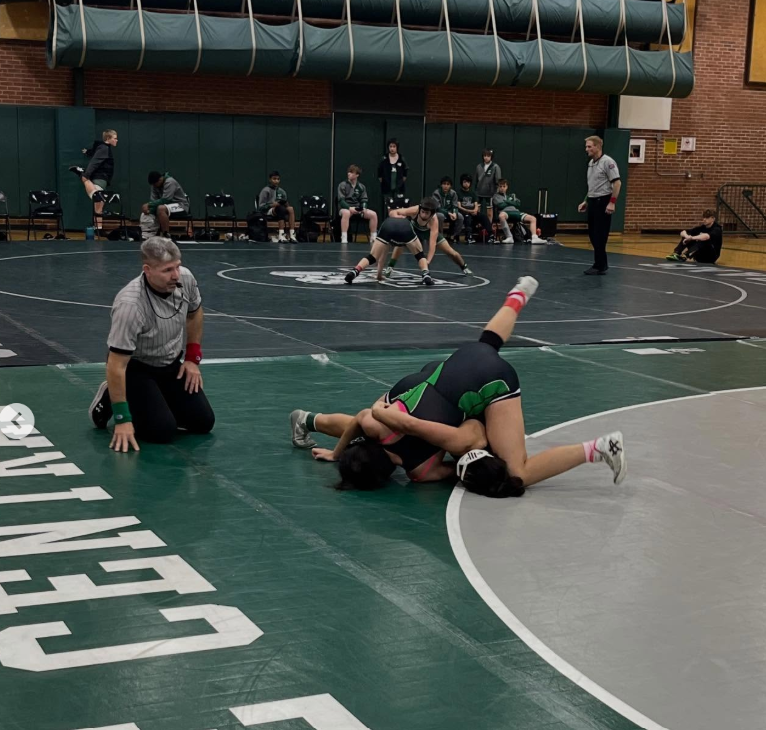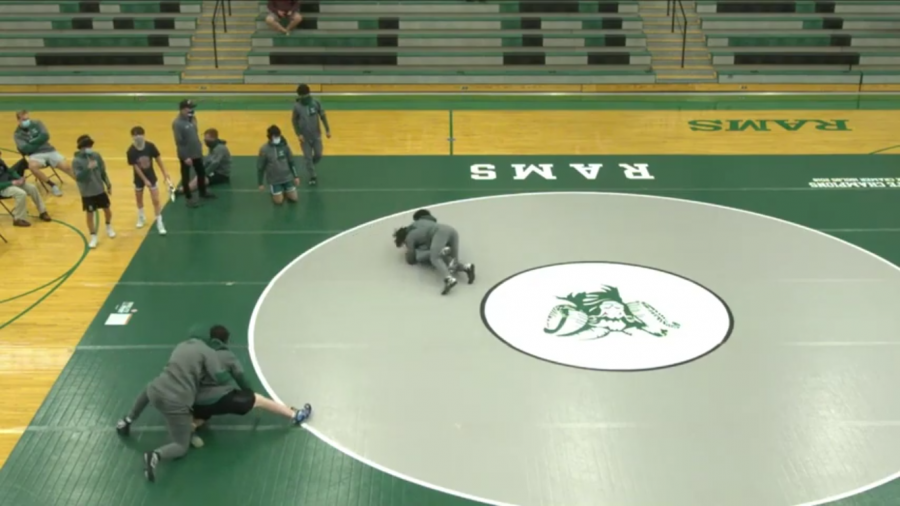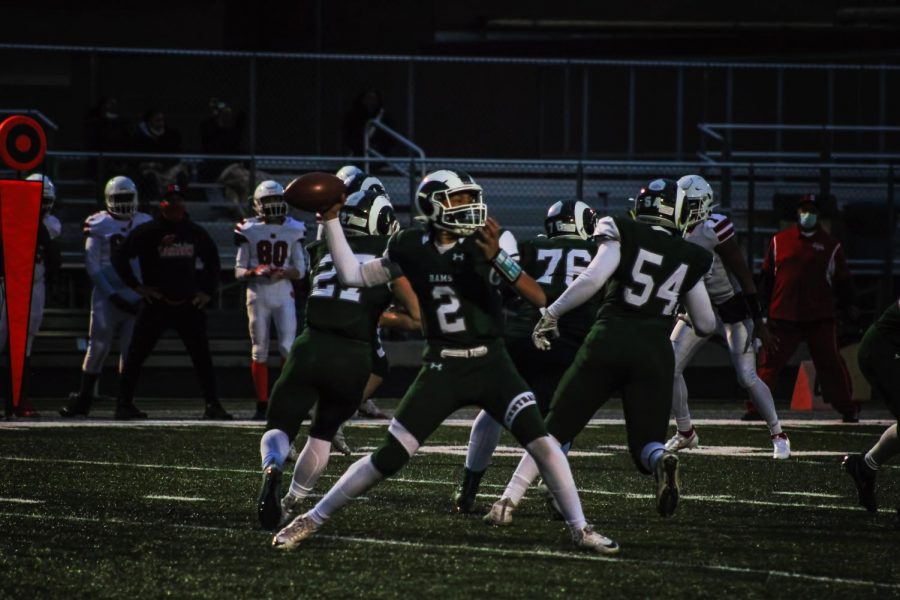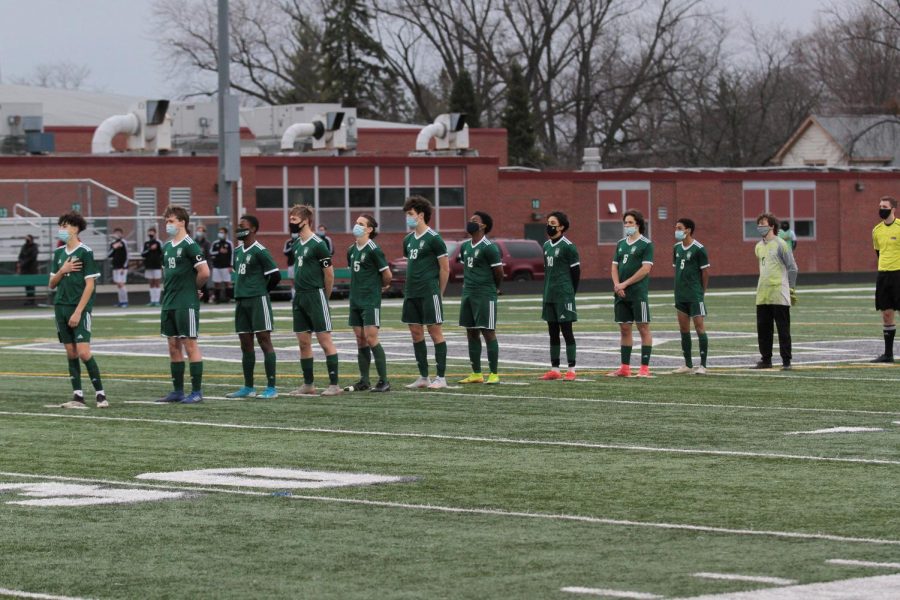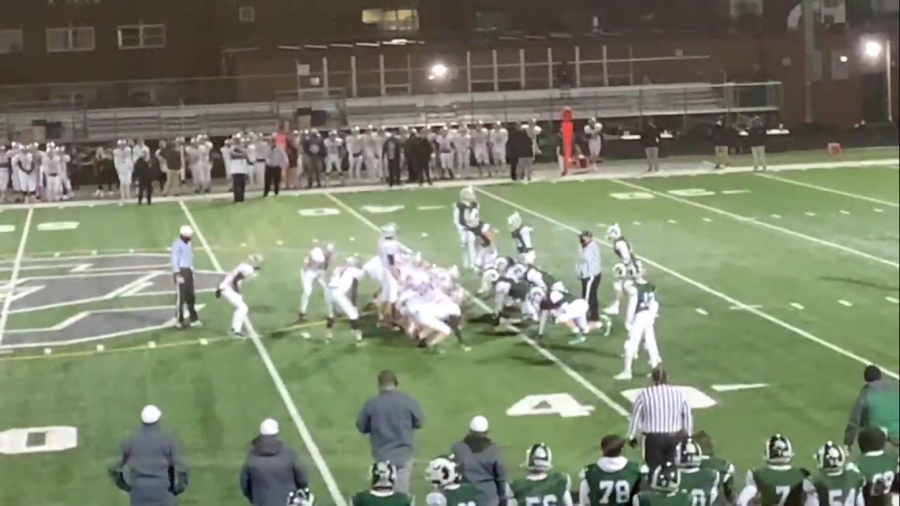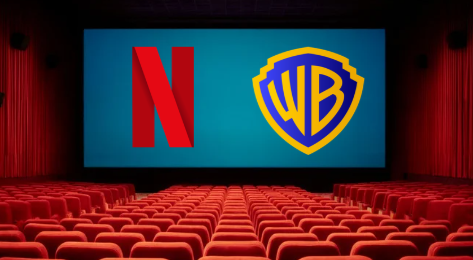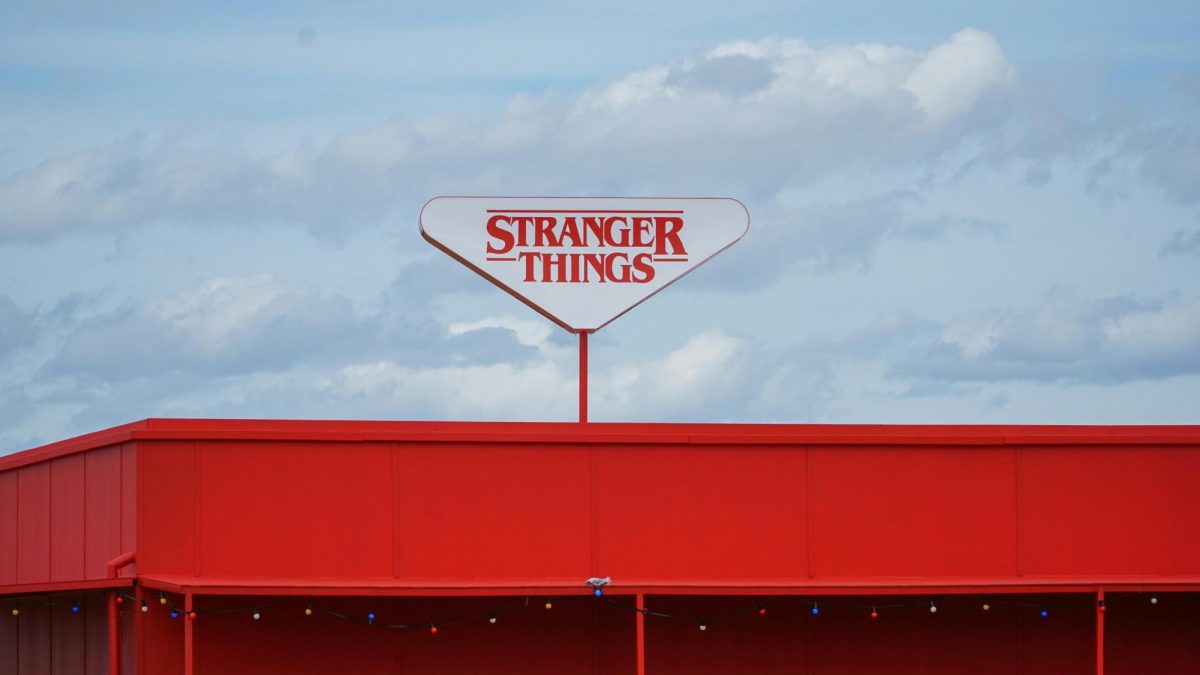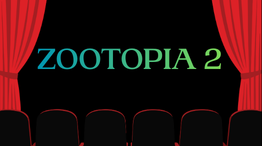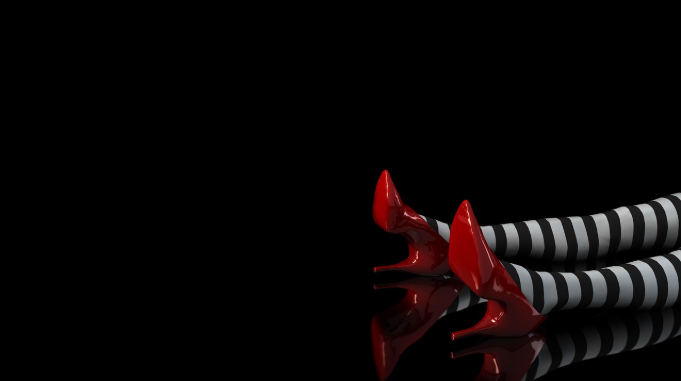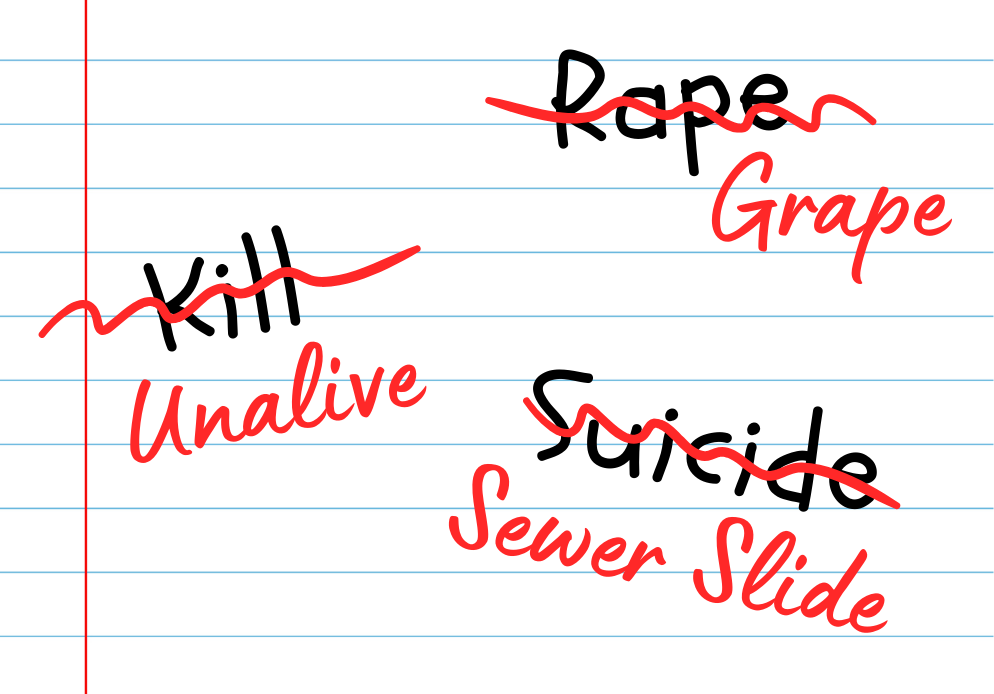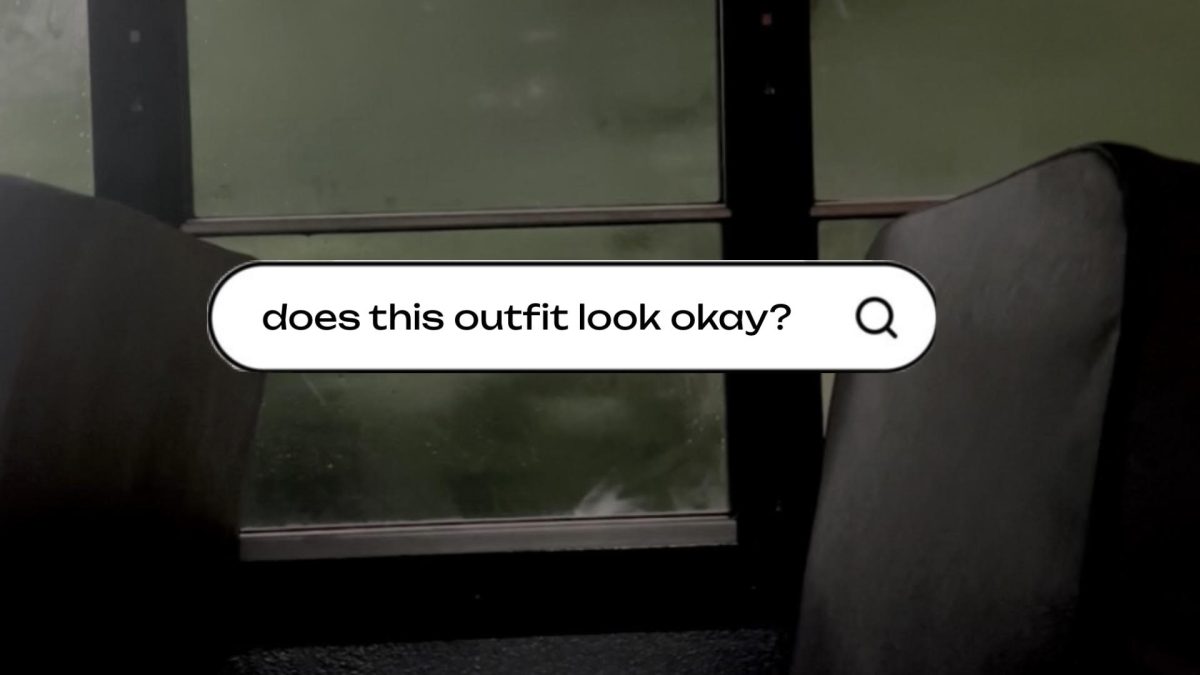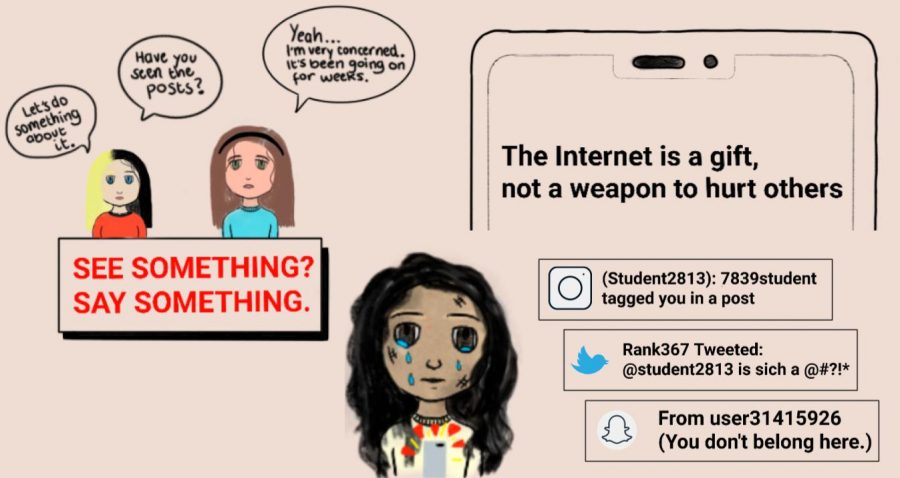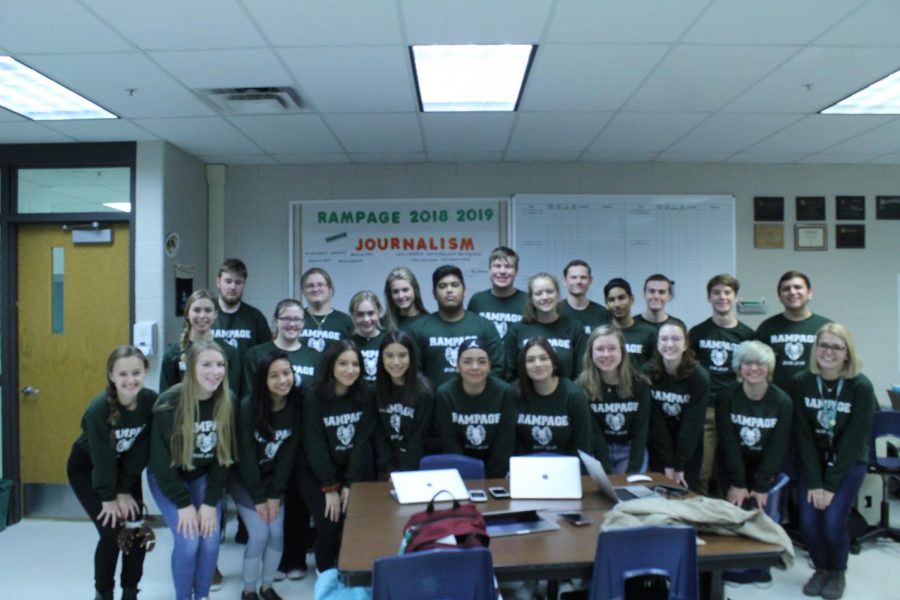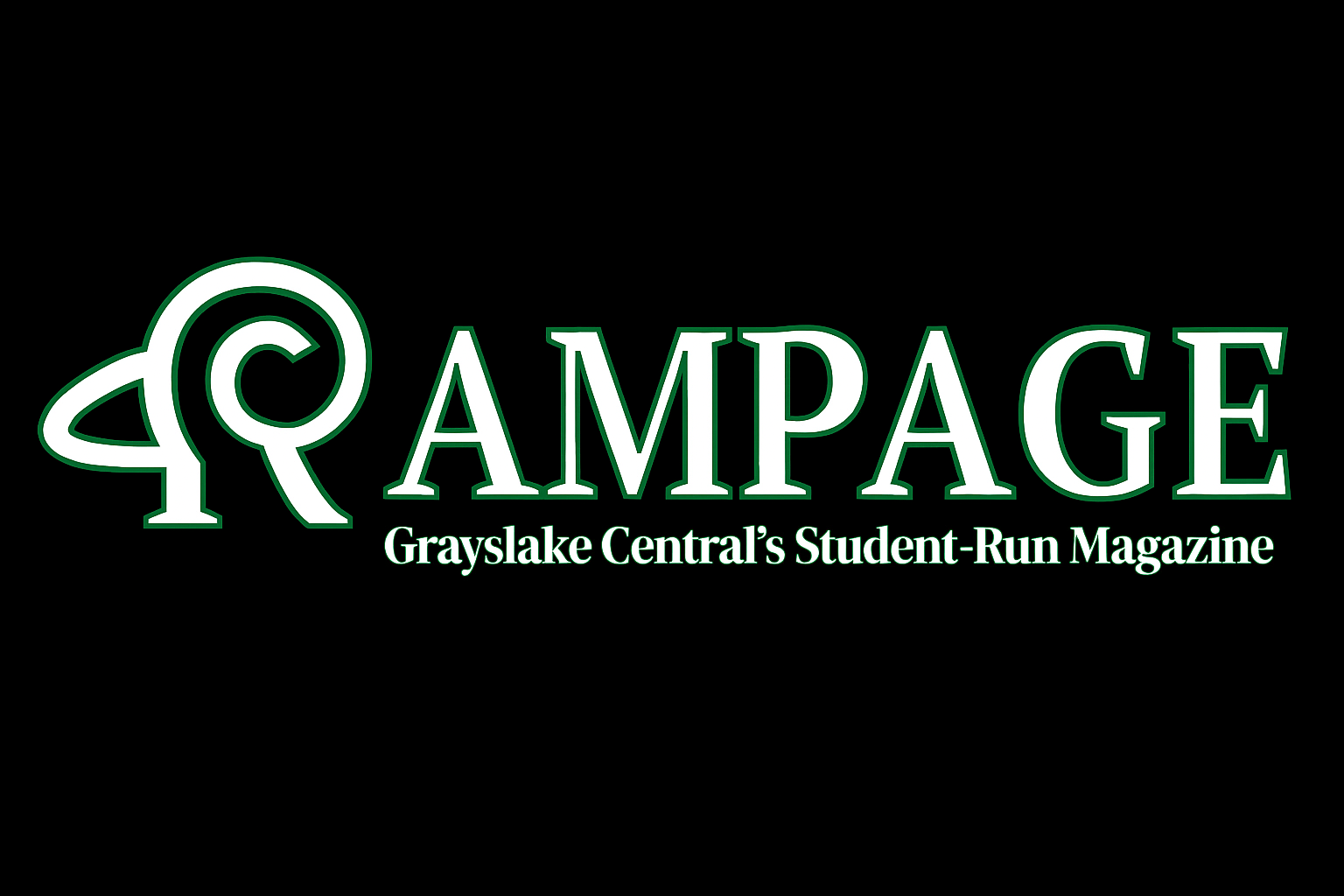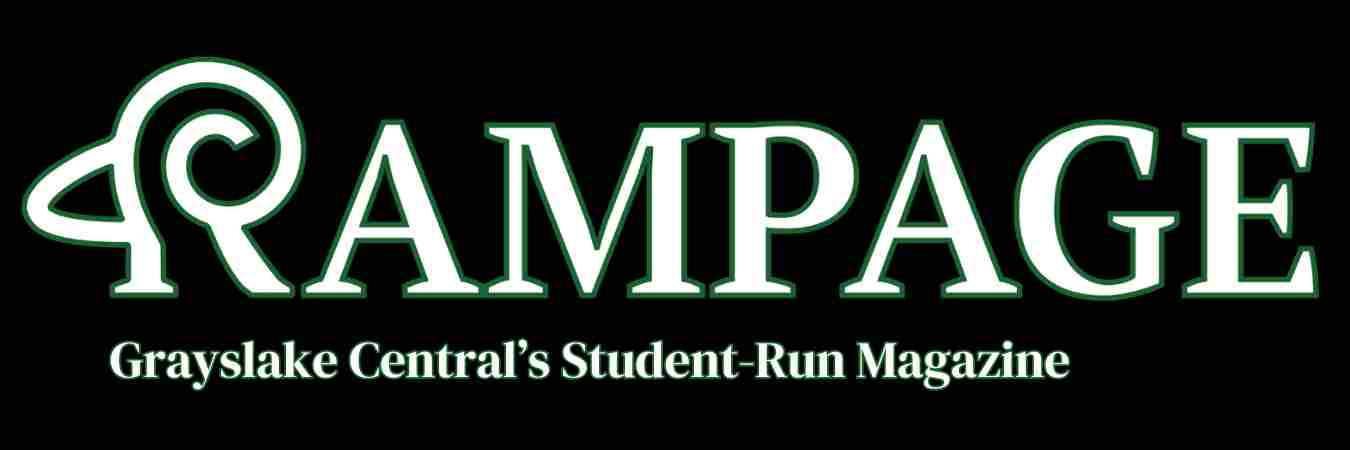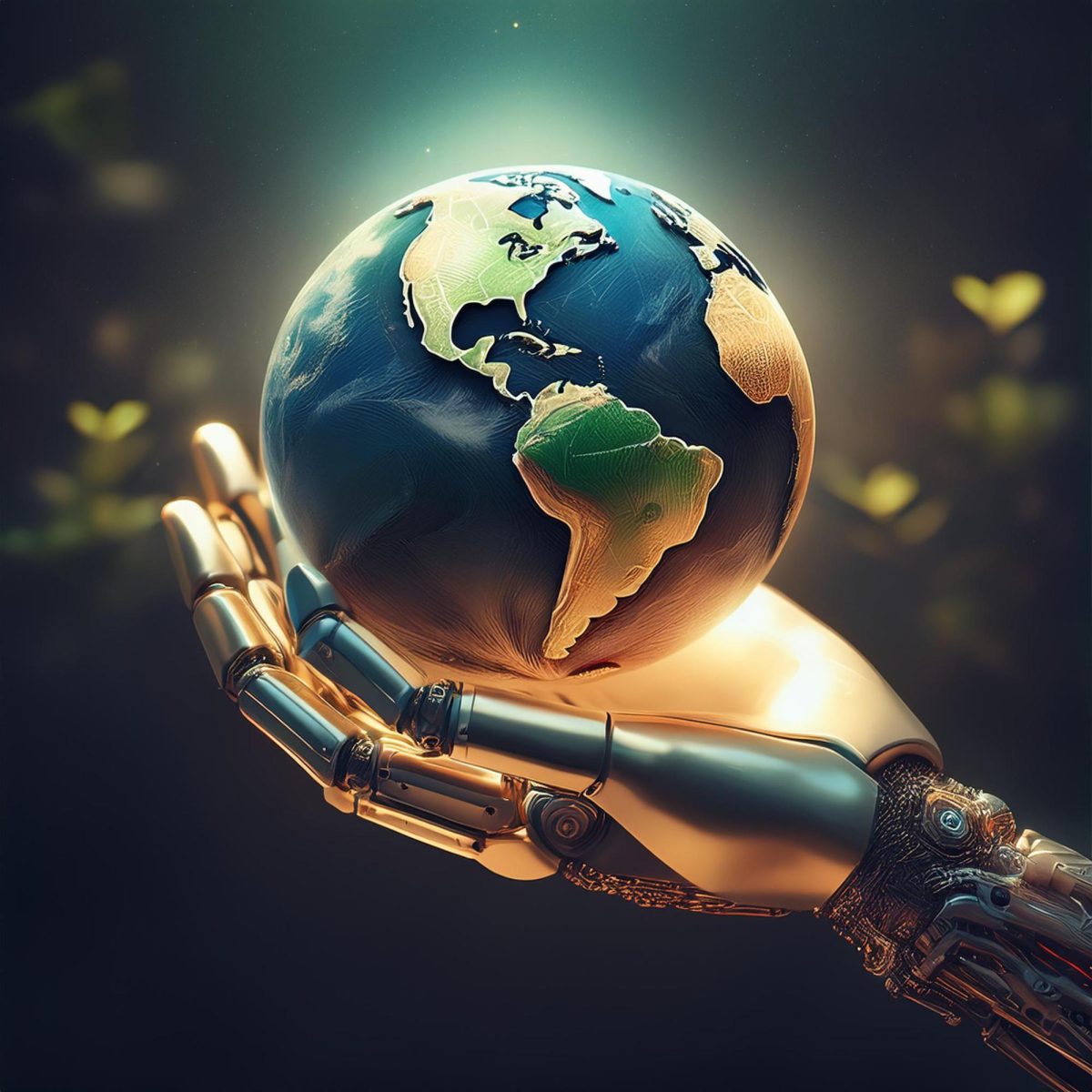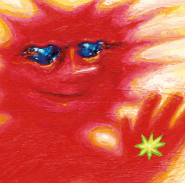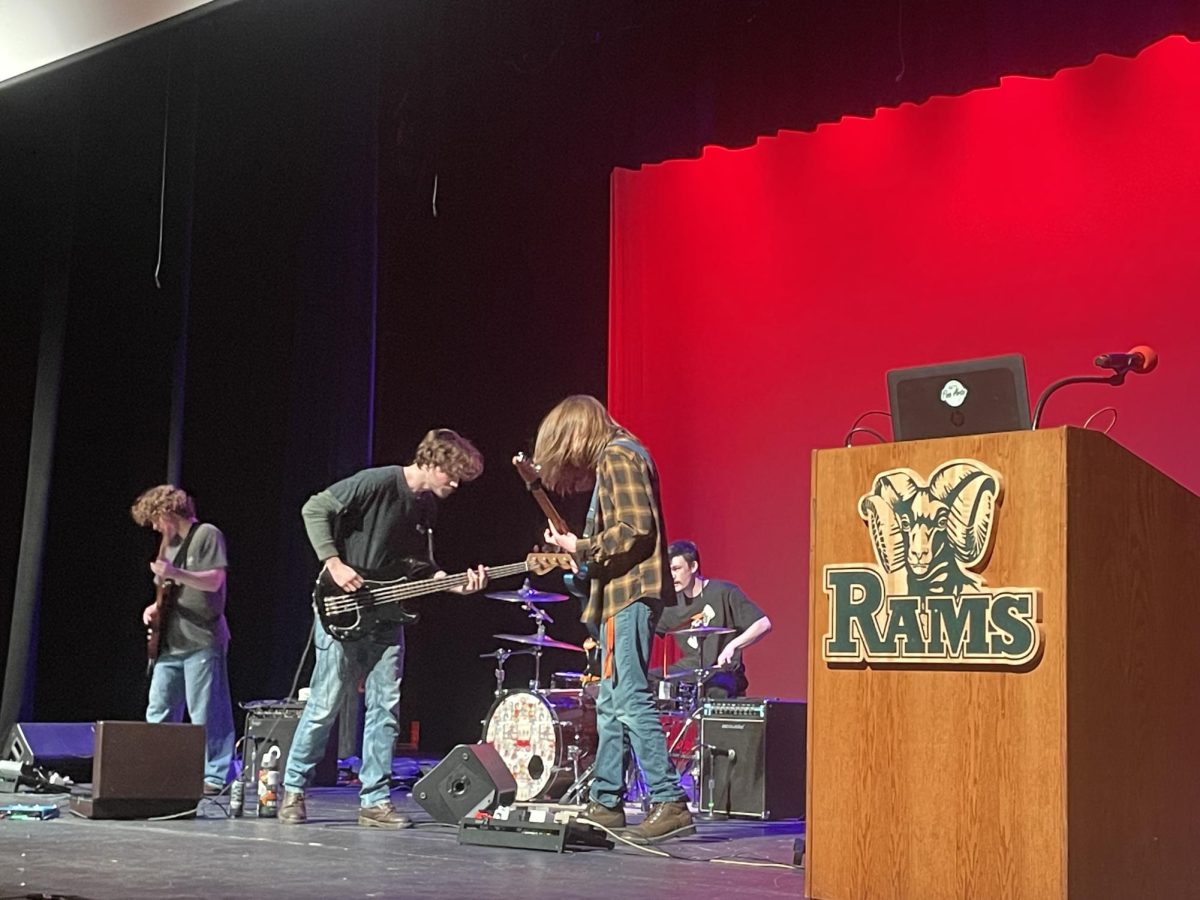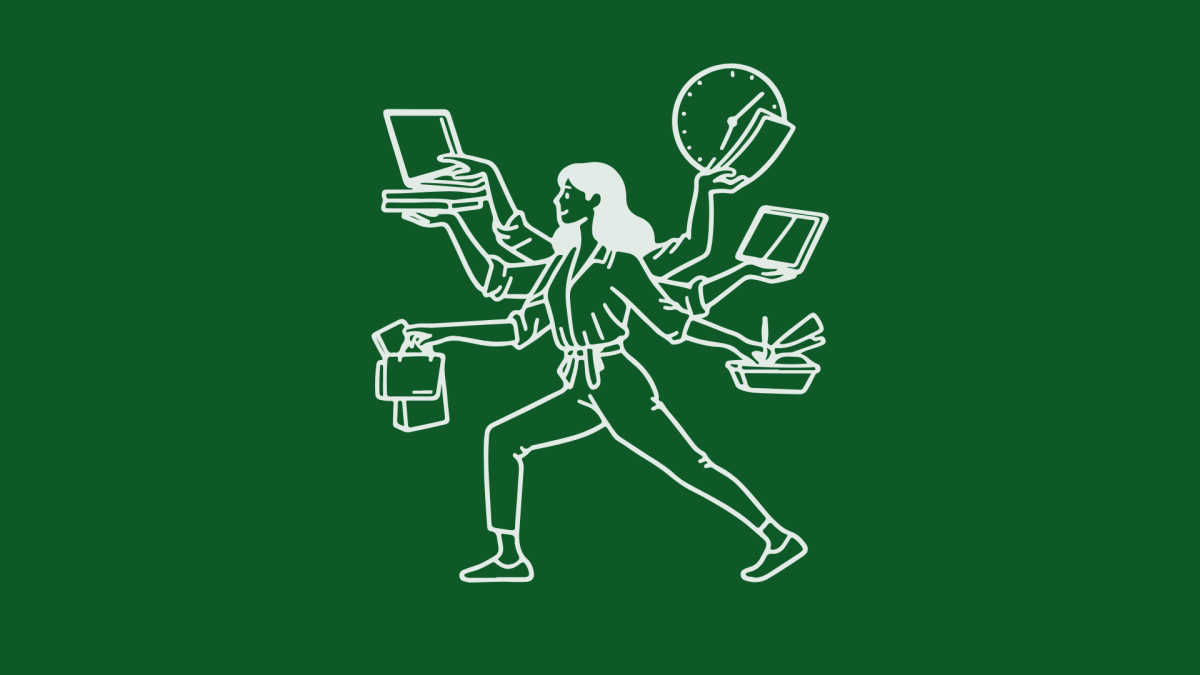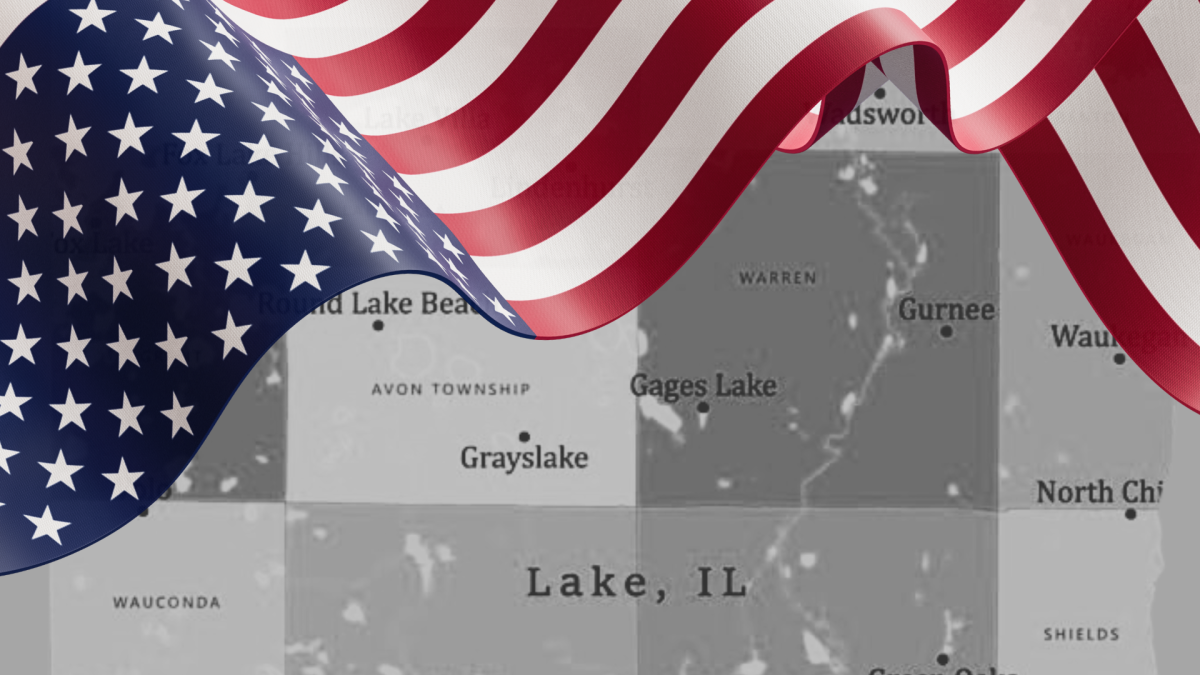The increasing existence of AI in many industries has sparked many concerns about potential replacement in creative field jobs. The tasks once considered uniquely human, such as writing, design, and music creation, are now being performed with AI. While AI can add to creative efforts, it also threatens to automate routines and repetitive tasks, potentially leaving many of those who are professionals in creative industries without a purpose.
The impact of AI on fields that aren’t creative are also equally significant. With AI-riven automation and machine learning, jobs in many sectors such as manufacturing, finance, and logistics are being rapidly transformed. It is essential to note that while AI may displace some jobs, it will also create new ones, such as AI developers, data analysts, and etc. Nevertheless, the pace and extent of the changes will cause significant up raising and adaptation among the workforce.
To reduce the negative consequences of AI, we must prioritize developing skills that are complementary to AI, such as creativity, critical thinking, and emotional intelligence. This shift towards human skills will enable workers to perhaps thrive in an increasingly AI-driven environment, and ensure that the benefits of technological advancements are shared by all. Ultimately, the AI takeover will not be a zero-sum game, where human workers lose to machines. Instead, it can be an opportunity for humans to use the machines to enhance the other’s strengths, and create new possibilities for growth and change.

